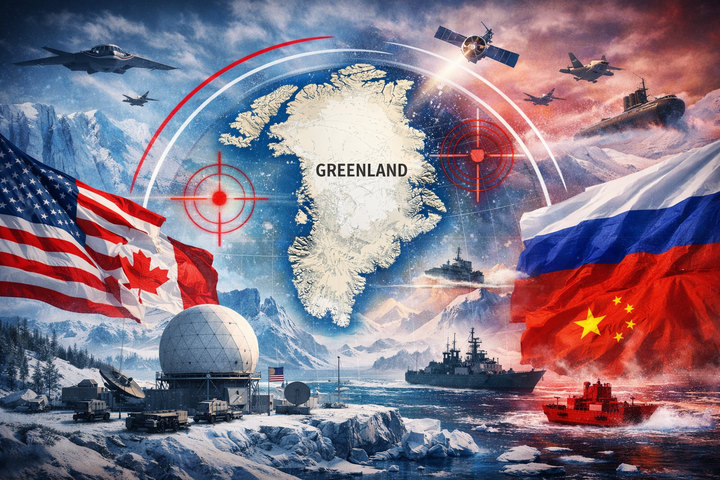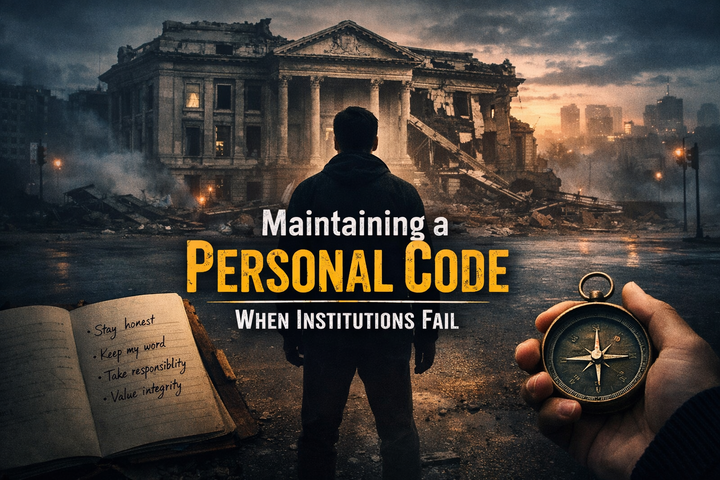Unbanked in a Connected World: Why Billions Still Live Outside the Financial System

In a world connected by smartphones, instant messaging, and digital payments, it might be easy to assume that everyone has access to basic financial services.
The reality is far different. Hundreds of millions of people remain unbanked, without access to a bank account, mobile money wallet, or any formal financial tools that many of us take for granted.
Yet one detail stands out: most of these same people own mobile phones.
This strange paradox, highlighted in new 2025 data from the World Bank Global Findex, shows how uneven and fragile the global financial landscape really is.
And it reveals a massive opportunity for new financial technologies and decentralized systems like Bitcoin to meet urgent real-world needs.
Where the Unbanked Live Today
The infographic tells a powerful story. Countries with extremely high rates of mobile phone ownership still have very low levels of financial account access.
Here are some examples from around the world:
North Africa
- Algeria: 98 percent mobile phone ownership, only 35 percent have a financial account
- Libya: 100 percent mobile phone ownership, only 33 percent have a financial account
Middle East
- Iraq: 91 percent mobile phone ownership, 30 percent financial access
- Lebanon: 94 percent mobile phone ownership, 23 percent financial access
South Asia
- Pakistan: 63 percent mobile phone ownership, only 27 percent financial access
West and Central Africa
- Mauritania: 85 percent mobile phone access, 27 percent banked
- Chad: 53 percent mobile phone ownership, 21 percent banked
- Niger: 54 percent mobile phone access, only 15 percent financial access
- Madagascar: 46 percent mobile ownership, 24 percent banked
Latin America
- Nicaragua: 85 percent mobile ownership, 23 percent financial access
Across these countries, fewer than one in three adults have access to basic financial tools, yet almost everyone owns a phone. There is massive digital potential, but it remains unrealized.
Why So Many People Remain Unbanked
A combination of structural and economic issues keeps financial access low in many regions.
1. Lack of Trust in Financial Institutions
Places like Lebanon, Iraq, and Libya have experienced financial collapse, corruption, or failing banking systems.
Many citizens simply no longer trust banks with their money.
2. Lack of Local Banking Infrastructure
In rural regions across Africa and South Asia, bank branches are scarce. Even simple tasks like opening an account require travel and paperwork.
3. Low or Irregular Income
Millions of people operate in the informal economy.
They work sporadic jobs, earn inconsistent income, or operate outside official employment systems. Traditional banks simply do not serve them.
4. Identification Barriers
KYC regulations require ID, proof of address, and documents that many people do not have, especially refugees or those living in fragile states.
5. High Banking Fees
For low-income individuals, monthly account fees, minimum balances, and transfer costs are prohibitive.
The Mobile Paradox
Almost all of these countries have extremely high mobile penetration, often over 80 percent or even 100 percent. So why does that not translate automatically into mobile financial access?
Because traditional mobile money services are usually controlled by:
- Telecom monopolies
- Local banks
- Government-regulated systems
These systems often require verification steps that mirror traditional banking. And in some countries, mobile money networks are unreliable or heavily restricted.
Yet mobile phones represent the largest untapped financial infrastructure in the world. They are already in the pockets of billions.
The Opportunity for Decentralized Finance and Bitcoin
When billions of people have a smartphone but no bank, the world is primed for alternative systems.
Bitcoin and decentralized finance help bridge this gap by offering:
- Open access: no gatekeepers, no KYC required to hold your own keys
- Low cost global transfers
- Protection from local currency collapse
- True financial sovereignty
- Digital payments without needing a bank or telecom provider
In countries like Nigeria, Ghana, Argentina, and Lebanon, everyday people are turning to Bitcoin not as an investment but as a survival tool.
The data highlights the next frontier: pairing mobile phones with decentralized money to create financial access on a global scale.
The Global Financial Divide Is a Technological Divide
Billions of people today live in a connected world but are locked out of the financial system.
They have:
- Phones
- Internet access
- Digital literacy
But lack:
- Bank accounts
- Savings tools
- Payment rails
- Financial rights
The future of global finance will be built on solving this mismatch.
The countries shown in the data represent some of the greatest opportunities for financial empowerment in the next decade.
With digital wallets, decentralized protocols, and open monetary networks, the world is moving toward a future where access to finance is not dictated by geography or government but by technology.
Buy & Sell Bitcoin, Dollar Cost Average management abd pay your bills with Bitcoin on the the best Bitcoin only Exchange.



Comments ()